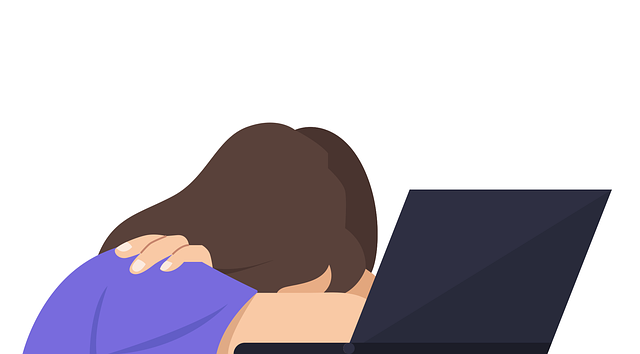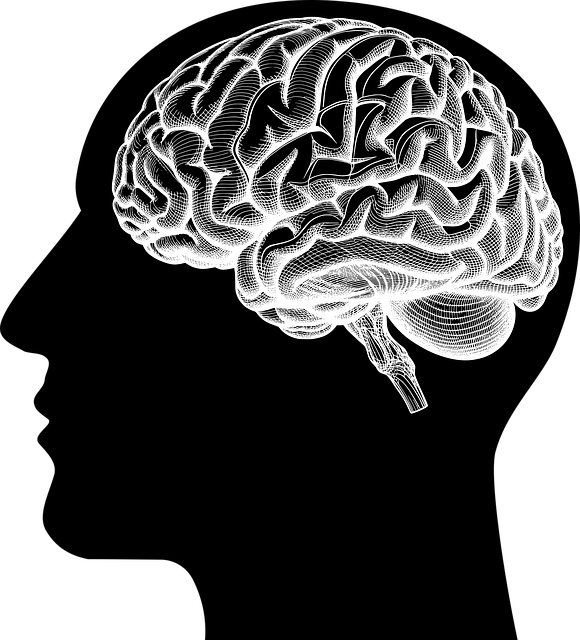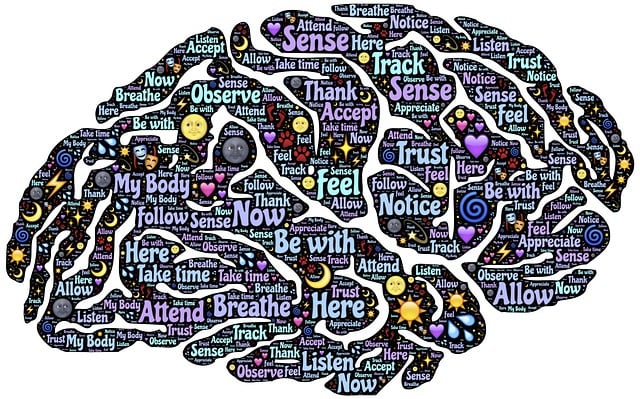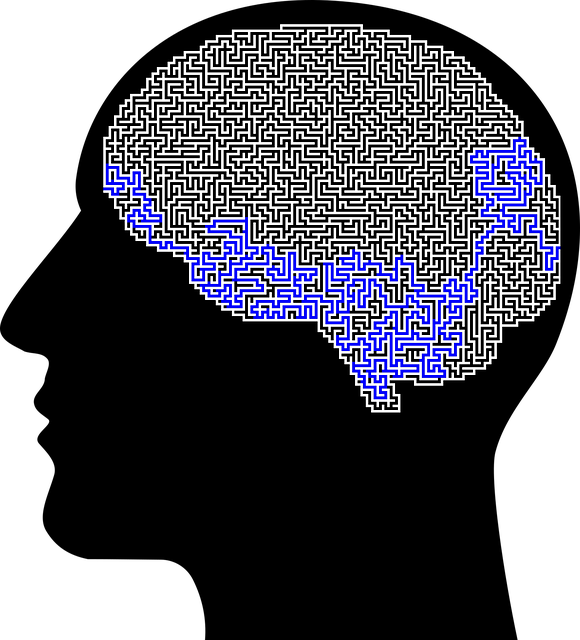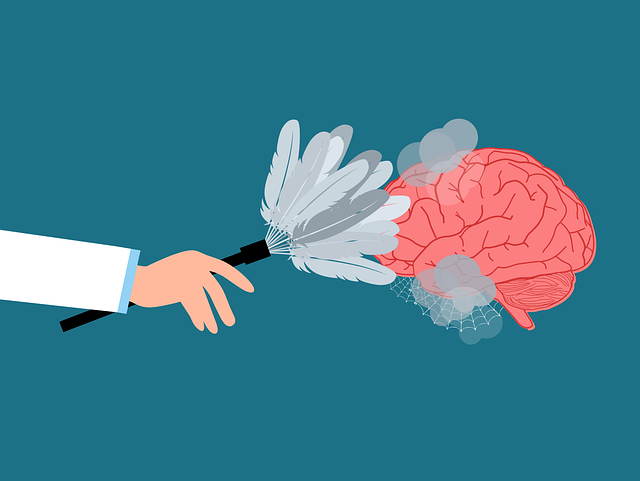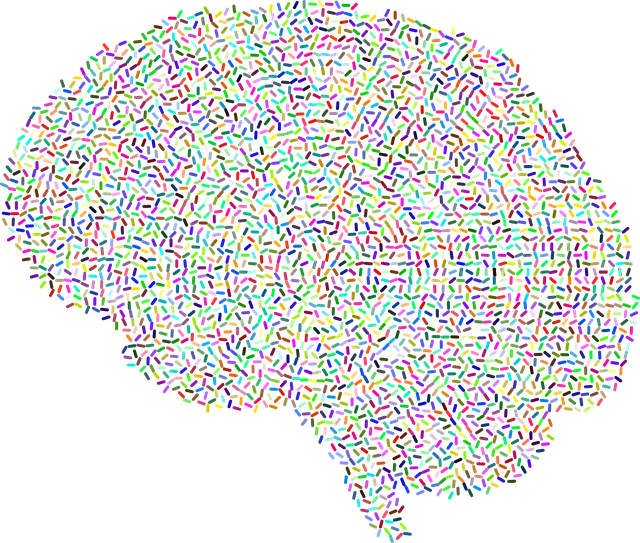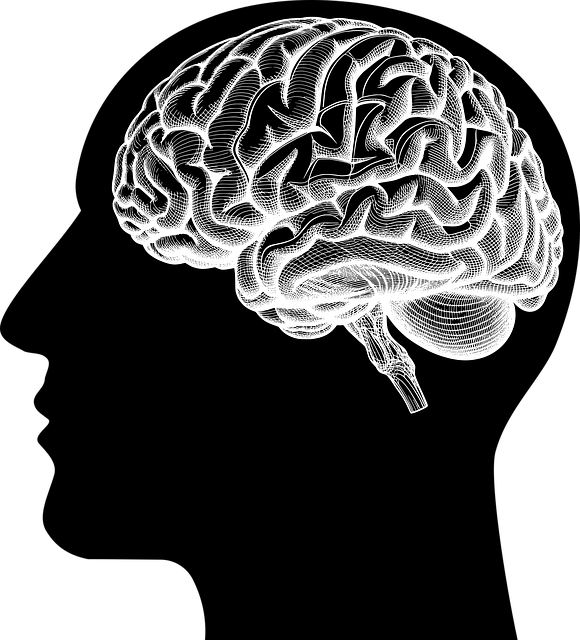Mental wellness apps, like those incorporating Greenwood Village Cognitive Behavioral Therapy (CBT), are transforming mental healthcare access by addressing common challenges such as anxiety and depression. These apps provide personalized CBT coaching, mood trackers, meditation guides, and community support networks to empower users in managing their emotional well-being. Developers must prioritize user privacy and ethical considerations, including encryption, anonymous data aggregation, and opt-out options, while encouraging active engagement through features like journaling to enhance mental health outcomes.
“In today’s digital landscape, mental wellness apps are gaining prominence as powerful tools for managing and improving psychological health. With a focus on accessible care, this article explores the development of innovative solutions that can enhance mental well-being. We begin by understanding the significance of mental health and its impact on daily life, setting the stage for effective app creation. Subsequently, we delve into Greenwood Village Cognitive Behavioral Therapy (CBT), a proven therapeutic method. Key features and ethical considerations, including user privacy, are also discussed to ensure responsible app development.”
- Understanding Mental Health and its Impact: Setting the Stage for App Development
- Greenwood Village Cognitive Behavioral Therapy (CBT): A Powerful Therapeutic Approach
- Key Features and Components of a Comprehensive Mental Wellness App
- Ethical Considerations and Ensuring User Privacy in Mental Health Apps
Understanding Mental Health and its Impact: Setting the Stage for App Development

Mental wellness is a vital aspect of overall health and well-being, encompassing our emotional, psychological, and social state. Understanding mental health involves recognizing that it affects how we think, feel, and act in our daily lives, impacting our ability to cope with stress, relate to others, and make choices. Greenwood Village, known for its commitment to community wellness, serves as a prime example where access to cognitive behavioral therapy (CBT) and other evidence-based practices plays a crucial role in promoting mental wellness.
Setting the stage for mental wellness app development requires a deep dive into these complex issues. It involves recognizing that mental health challenges, such as anxiety relief, are prevalent and impact individuals from all walks of life. This is where apps can step in as valuable tools, offering accessible resources for self-care, Crisis Intervention Guidance, and even Healthcare Provider Cultural Competency Training to cater to diverse user needs. By leveraging technology, developers can contribute to breaking down barriers to mental healthcare access and fostering a more supportive environment for individuals seeking assistance.
Greenwood Village Cognitive Behavioral Therapy (CBT): A Powerful Therapeutic Approach

Greenwood Village Cognitive Behavioral Therapy (CBT) stands as a powerful therapeutic approach within the realm of mental wellness app development. CBT focuses on identifying and changing negative thought patterns and behaviors, empowering users to take control of their emotional regulation and mood management. By targeting specific issues and teaching practical coping strategies, this therapy has proven effective in treating various mental health conditions, including anxiety and depression.
Incorporating CBT into app design offers a unique opportunity for personalized mental wellness coaching programs. Apps can guide users through structured exercises, track progress, and provide tailored feedback, making therapy more accessible and engaging. This digital approach facilitates consistent practice of emotional coping skills, ultimately enhancing the benefits of therapy and improving overall mental health outcomes.
Key Features and Components of a Comprehensive Mental Wellness App

A comprehensive mental wellness app should offer a multi-faceted approach to support users’ emotional well-being. Key features include personalized therapy sessions tailored to individual needs, such as those seeking Greenwood Village Cognitive Behavioral Therapy (CBT) techniques for depression prevention or anxiety relief. Interactive tools like mood trackers, meditation guides, and cognitive exercises can empower users to actively engage in their mental health management.
Beyond individual therapy, community outreach program implementation within the app fosters a sense of belonging and support. Features facilitating peer-to-peer connections, group discussions, or shared experiences create a safe space for individuals to connect, share their journeys, and offer encouragement. This communal aspect enhances the overall effectiveness of the mental wellness app by promoting social interaction and building a network of support around users’ mental health goals.
Ethical Considerations and Ensuring User Privacy in Mental Health Apps

In the realm of mental wellness app development, ethical considerations and user privacy are paramount. As more individuals turn to digital tools like Greenwood Village Cognitive Behavioral Therapy for support, developers must prioritize data security and transparency. Mental health apps often collect sensitive information about users’ thoughts, feelings, and behaviors, making it crucial to implement robust privacy measures that safeguard personal details from unauthorized access or breaches. Ensuring user trust involves adhering to strict data protection regulations, employing encryption technologies, and providing clear, concise privacy policies that outline how app data is collected, stored, and shared.
Moreover, developers should consider the ethical implications of tracking and analyzing user behavior within mental wellness apps. While data can be a powerful tool for personalizing therapy and improving outcomes, it’s essential to respect users’ autonomy and consent. Incorporating features like anonymous data aggregation and allowing users to opt-out of specific data-sharing practices can foster trust and encourage the adoption of effective Stress Reduction Methods and Mental Health Education Programs Design. Additionally, integrating Mental Wellness Journaling Exercise Guidance within the app can empower users to take an active role in their mental health journey while ensuring that their experiences remain private and secure.
The development of mental wellness apps, backed by evidence-based practices like Greenwood Village Cognitive Behavioral Therapy (CBT), offers a promising avenue for enhancing accessibility and affordability of mental health support. By incorporating key features such as personalized interventions, mood tracking, and guided meditations, these applications can significantly contribute to improving users’ mental well-being. However, it is imperative to address ethical considerations and prioritize user privacy to ensure the responsible use of this technology. With the right approach, mental wellness apps have the potential to revolutionize access to therapy and foster healthier minds in today’s digital landscape.

